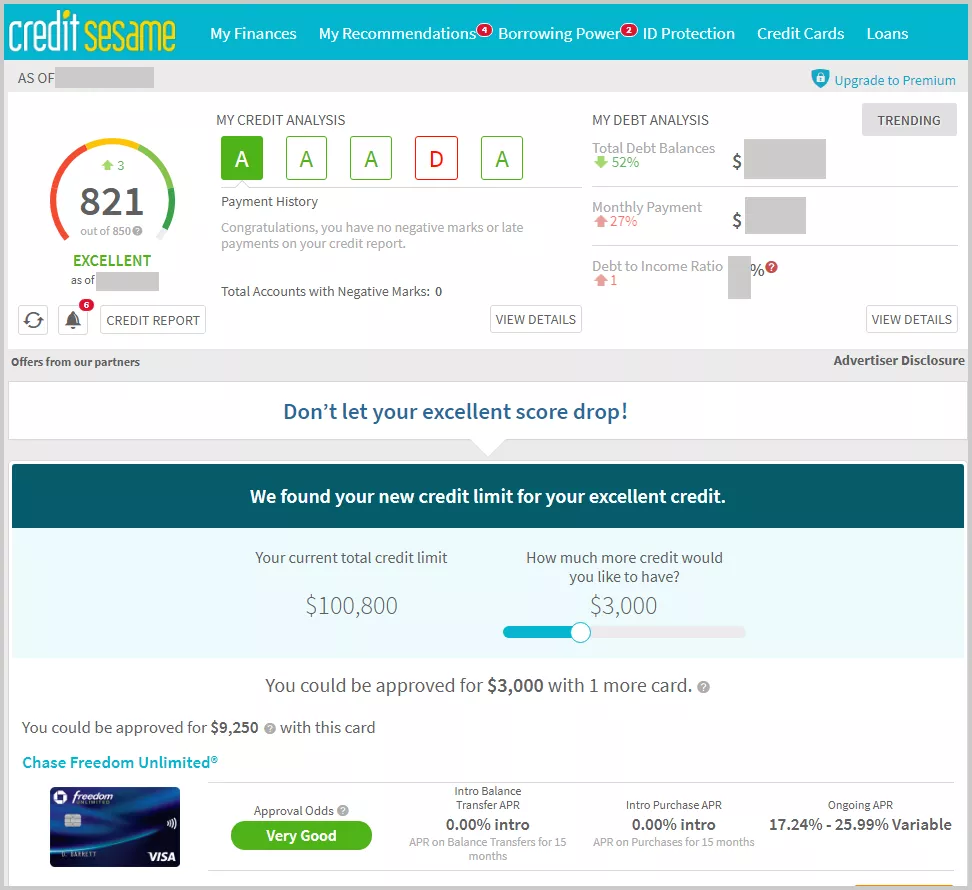


Which raises an important question: Do consumers benefit from deals where the key asset being sold is their own personal information? The companies themselves have suggested that a driving force behind the merger is Intuit wanting to get its hands on Credit Karma’s stash of user data. And that seems to be the main event here. They’re also starting to look more closely at how tech companies acquire and use data. Intuit has said it will keep Credit Karma's service free, and probably needs to promise as much to regulators to get the deal approved.īut antitrust enforcers, whose core responsibility is to keep markets competitive and protect consumers, are not just watching for mergers that kill off rivals.
Credit karma vs turbotax credit score software#
This deal certainly raises that prospect: Intuit and Credit Karma compete on various fronts, and Intuit’s most recent federal filings named Credit Karma’s free tax preparation software as a threat to its dominant offering, TurboTax. The tech industry is under more antitrust scrutiny than ever just a few weeks ago, the Federal Trade Commission announced a broad inquiry into the past decade of acquisitions by the five biggest tech giants, with a focus on mergers that kill off budding rivals. The announcement earlier this week that Intuit, the financial software giant, would be buying the personal finance company Credit Karma for $7 billion was striking.


 0 kommentar(er)
0 kommentar(er)
